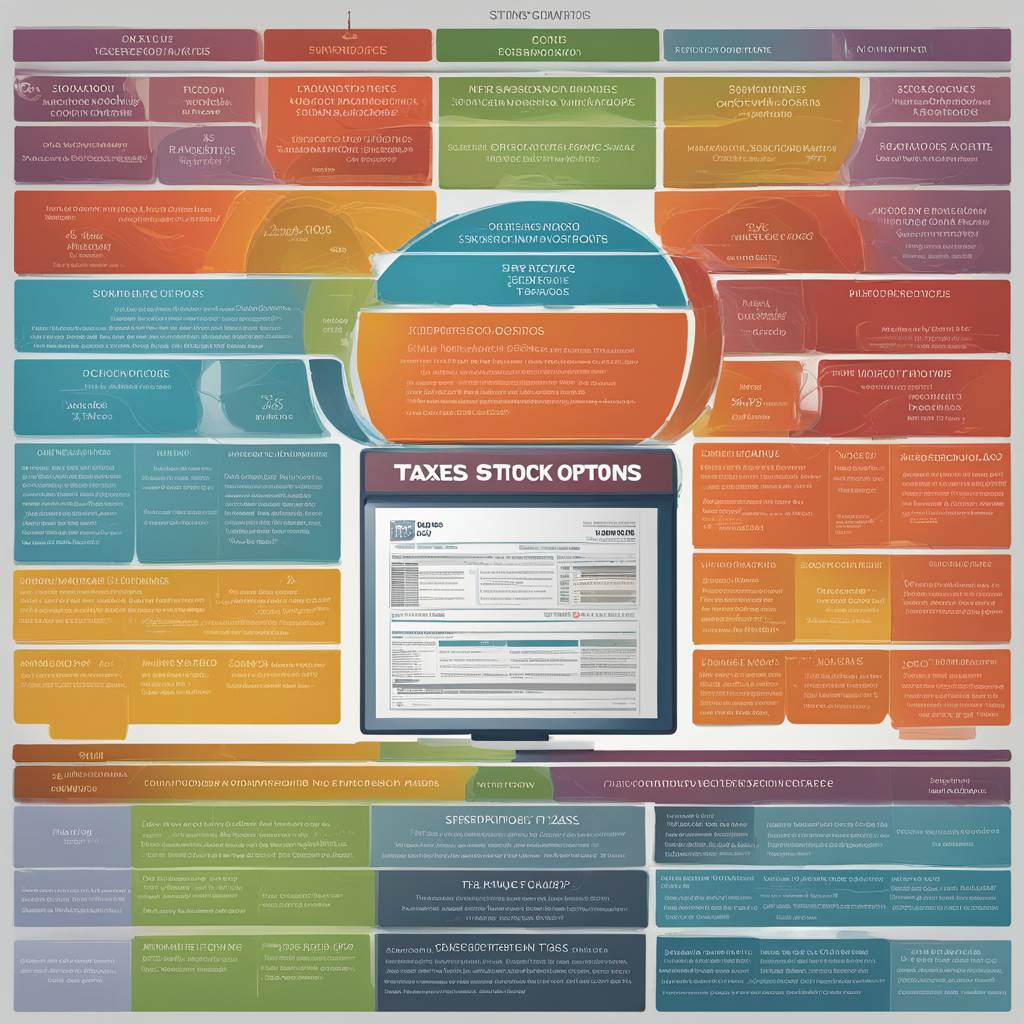As March comes around, so does tax season, often referred to as the “March Madness” of the financial world. For employees in the United States with nonqualified stock options, restricted stock units, or participation in an employee stock purchase plan (ESPP), income from their equity awards from the previous year can complicate their tax return. This article serves as a helpful guide for individuals navigating the waters of tax returns involving equity compensation and company stock sales. It provides essential information to avoid overpaying taxes or drawing unwanted IRS attention.
One key aspect to consider is compensation income, which includes stock compensation along with regular salary income and is reported in Box 1 of the Form W-2. It is crucial not to double-report any stock compensation income already listed in Box 12 or 14 of the W-2. Additionally, any shares sold during the previous tax year, even those sold immediately at exercise, vesting, or purchase with no additional gain beyond what is listed on the W-2, must be separately reported on Schedule D. Failure to report sales could result in unwanted IRS notices demanding taxes on the unreported proceeds.
Calculating the cost basis for equity awards can be a tricky task, as it involves adjusting the total cost of shares that generated compensation income to determine gains or losses for tax purposes. While Form 1099-B reports the basis in Box 1e, the information provided by brokers may be incomplete or inaccurate. In such cases, adjustments will be needed on Form 8949 to ensure accurate reporting of sales and avoid potential overpayment of taxes.
The alternative minimum tax (AMT) remains a concern for individuals with incentive stock options (ISOs). While it no longer has a separate line on the main Form 1040, it is still calculated on Form 6251. Individuals must report any AMT obligations on Schedule 2 and Form 8801 for future use of the AMT credit. For those who do not have their equity compensation income reported on the W-2, recent changes to Form 1040 allow for reporting in the “Other Income” section.
For individuals who are nonemployees, such as consultants or directors, income from exercise or vesting of stock compensation is reported on IRS Form 1099-NEC as self-employment income. This income must be reported on Schedule C of the Form 1040 tax return, along with calculations for Social Security and Medicare taxes owed. It is essential to keep track of estimated tax payments made throughout the year to ensure accurate reporting on Form 1040.
Overall, navigating tax returns involving equity compensation can be complex and overwhelming for many individuals. The resources available at myStockOptions.com’s Tax Center can provide further guidance and clarity on how to accurately report income from equity awards and company stock sales. By following the tips and guidelines outlined in this article, individuals can streamline the tax return process and avoid costly mistakes or IRS scrutiny.













